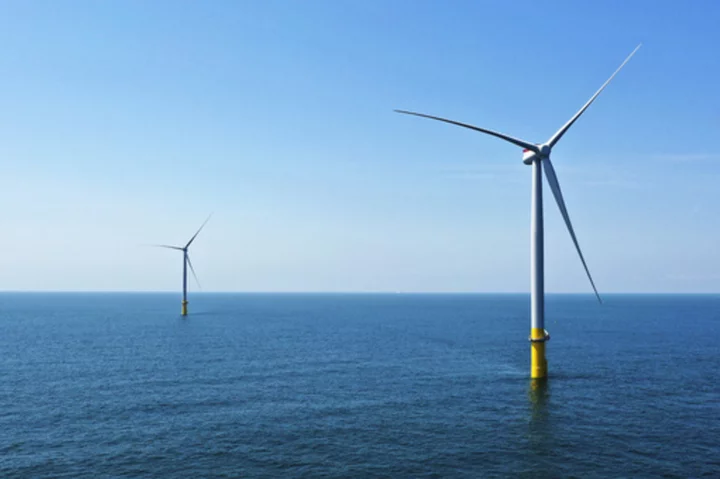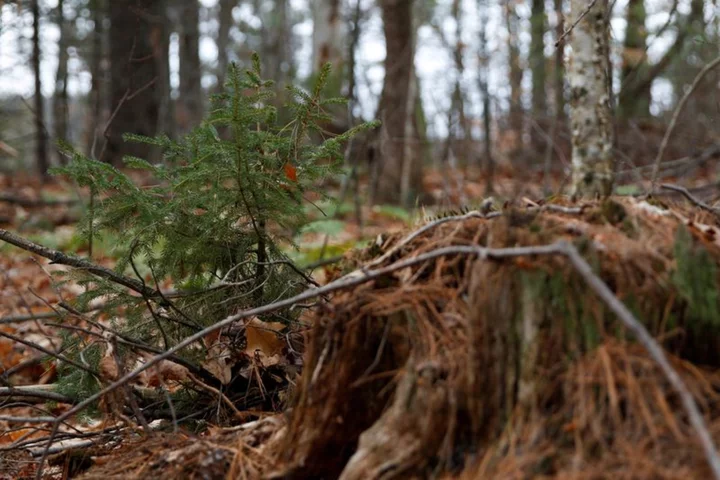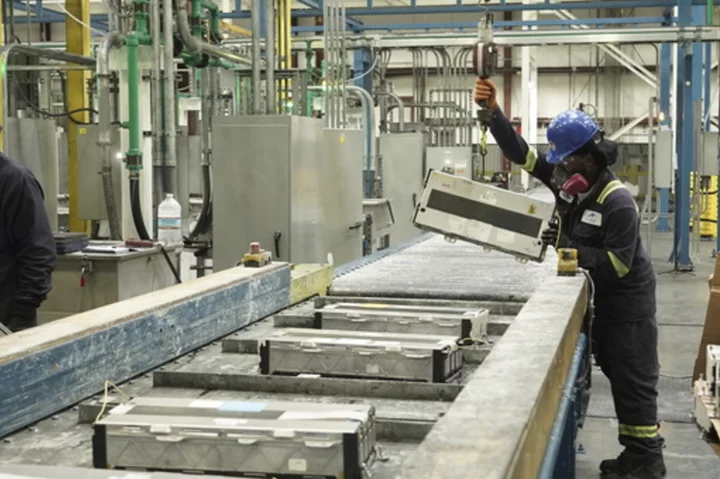NORFOLK, Va. (AP) — A European company has canceled plans to build blades for offshore wind turbines in coastal Virginia, the latest sign of struggle within the U.S.'s nascent industry.
Siemens Gamesa confirmed the cancellation in a statement Friday. The company's proposed $200 million factory at the Port of Virginia in Portsmouth would have created more than 300 jobs and aided the state in its aspirations to become a hub for offshore wind projects as part of the nation's efforts to tackle climate change.
The change in plans by the Spain-based firm comes at a time when inflation, raised interest rates and supply chain issues have cut into the profitability — and even the viability — of some offshore wind projects in the U.S.
For example, Danish energy developer Orsted recently scrapped two large offshore wind power projects off the coast of New Jersey, citing supply chain issues and rising interest rates.
A handful of other projects have been canceled. They include the Park City Wind project off the coast of Massachusetts. Avangrid, a subsidiary of Spanish utility company Iberdrola, and several Connecticut utilities scrapped a long-term power purchase agreement.
Siemens Gamesa said Friday that it had called off building the Virginia factory because "development milestones ... could not be met.” It did not elaborate.
The nixed plans, however, will not impact the construction of Dominion Energy's enormous wind farm off the coast of Virginia Beach. Those turbines will come from Siemens Gamesa facilities in Europe.
Dominion said its 176-turbine project will be the largest offshore wind farm under development in the U.S.
The administration of President Joe Biden said it wants to build 30 gigawatts of offshore wind energy by 2030 — enough to power more than 10 million homes.
The main appeal of offshore wind for supporters, including environmentalists and many state governments, is that it doesn't burn fossil fuels and thereby drive climate change. But opponents claim offshore wind is inherently unworkable without massive financial subsidies.
Robert McNab, an economist with Old Dominion University in Norfolk, Virginia, cautioned that projects being canceled now may come back — and even expand — once inflation and corresponding interest rates fall.
He noted that offshore wind isn't the only industry that's been affected. The calculus has changed for various other infrastructure projects, including those within the natural gas and petroleum industries.
“I know that some people will want to hang their hats on this and say, ‘We should ignore renewable energy,’” McNab said.
But the costs of renewable energy — wind, solar, and other forms — have been declining, while becoming increasingly competitive, he said.
“At the end of the day, as the costs of generation fall ... we’ll see projects like this come back in similar or even expanded force,” McNab said.









